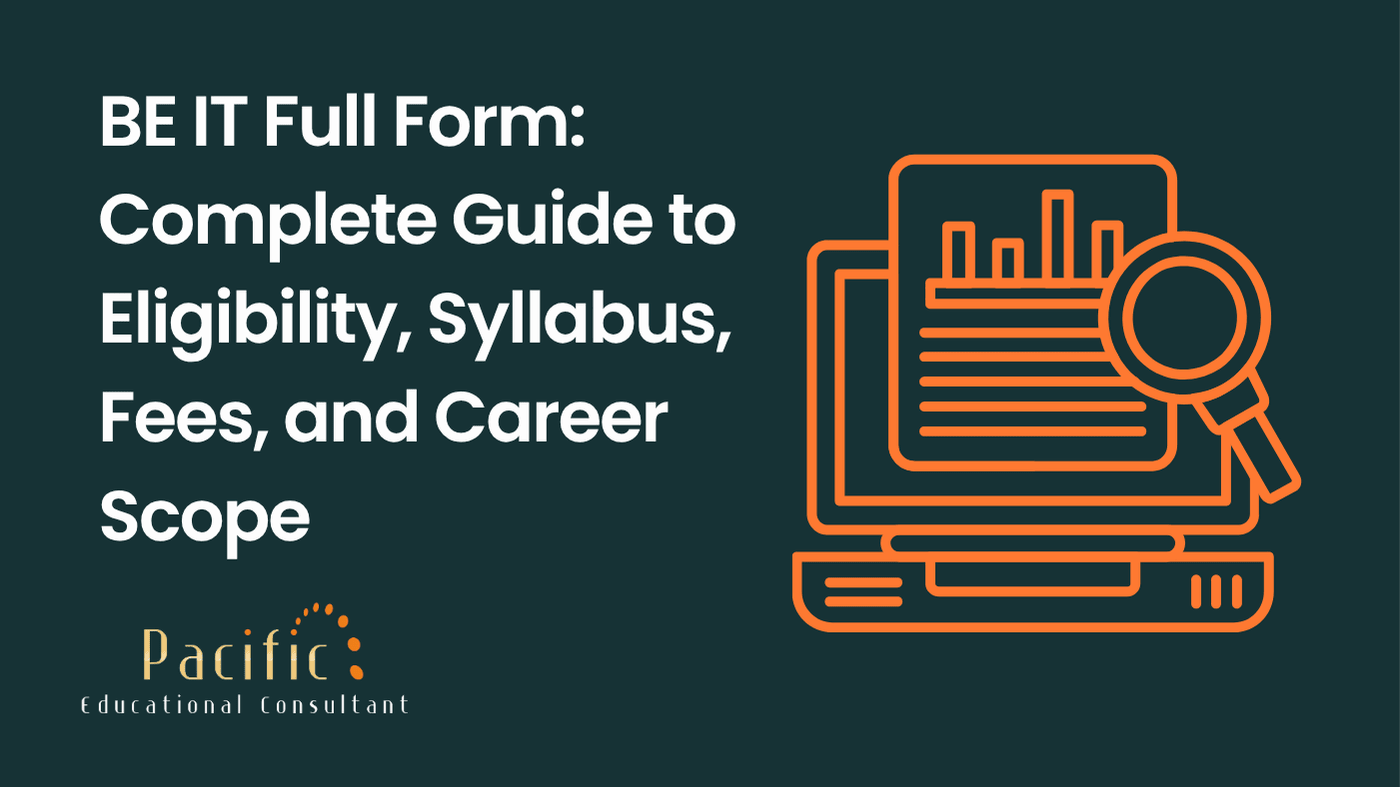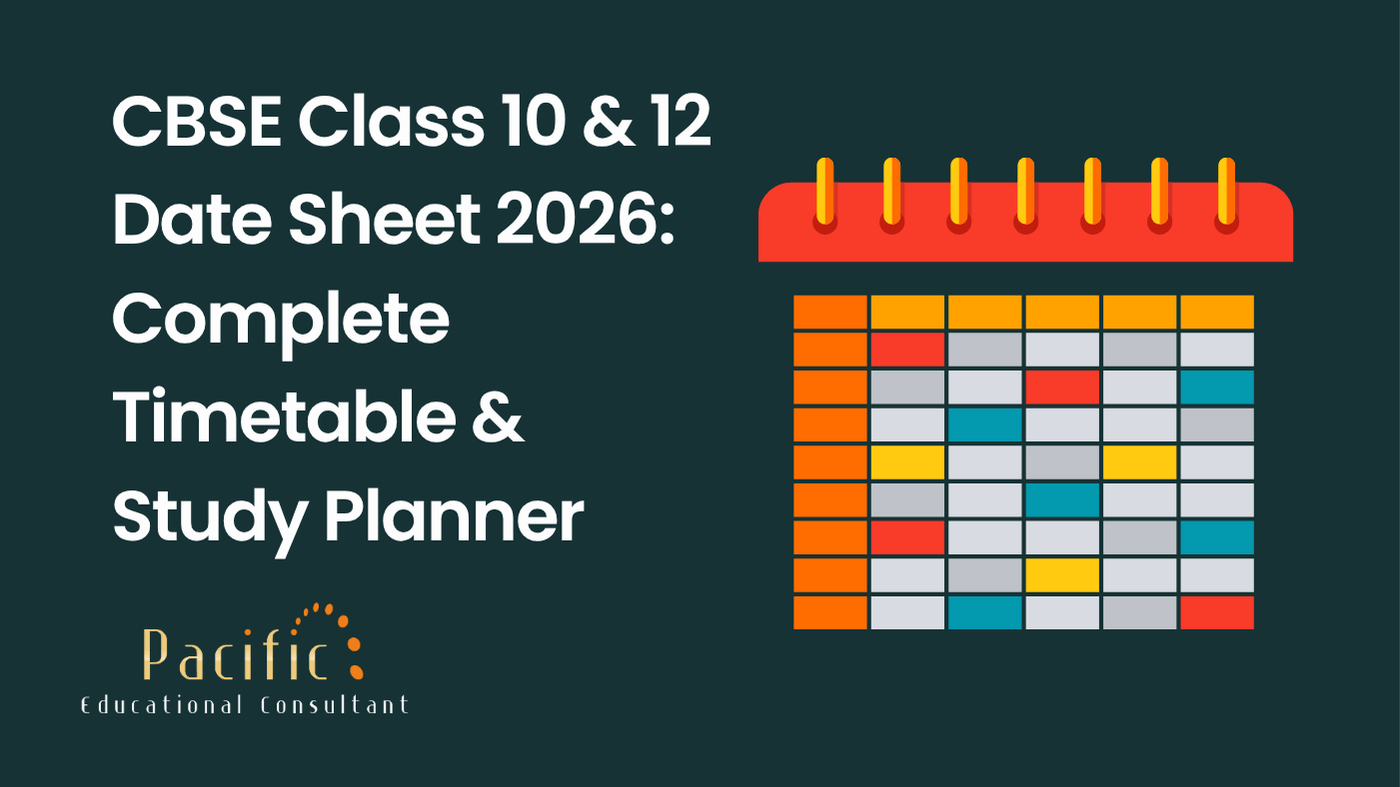


Acknowledgement are a crucial part of academic assignments. They showcase your gratitude and professionalism by acknowledging the contributions of those who helped complete your work. Whether you're drafting an assignment for school, college, or a professional setting, writing a well-thought-out acknowledgement can make a great impression. This guide will walk you through the purpose, structure, and examples of a high-quality acknowledgement for an assignment.
Acknowledgements serve as a section where you thank those who contributed to your success. Be it a teacher’s guidance, a friend’s encouragement, or resources provided by an institution, expressing gratitude reflects humility and awareness. In academic settings, the acknowledgement is typically concise yet impactful.
An acknowledgement is not just a formality—it demonstrates appreciation and recognition. Here's why it matters:
Determine who will read the assignment. Formal assignments often require acknowledging academic or professional contributors like supervisors, teachers, or mentors.
While writing, maintain a respectful tone. Use formal language but keep the sentences simple and easy to understand.
Acknowledge the major contributors without elaborating too much. Aim for a length of 100–150 words.
Avoid generic statements. Include specific names and roles to make your acknowledgement personal and meaningful.
Here’s a sample structure:
Acknowledgement
I would like to express my heartfelt gratitude to [Name/Title] for their invaluable guidance throughout this assignment. Their insights and suggestions greatly enhanced the quality of my work. I also wish to thank [Institution/Organization] for providing access to resources and materials. Finally, I extend my appreciation to my family and friends for their encouragement and support.
I am deeply grateful to my teacher, Mrs. Susan Clarke, for her unwavering guidance and constructive feedback on this assignment. Her mentorship has been instrumental in refining my work. Additionally, I thank the university library for access to valuable research materials. Lastly, I appreciate my peers for their collaborative efforts and moral support.
We extend our heartfelt thanks to our project supervisor, Dr. James Green, for his expert advice and continuous support. Special thanks to our institution for providing resources that enabled us to complete this project. We also appreciate each team member’s dedication and collaboration.
Include gratitude towards teachers, mentors, institutions, and anyone who provided significant support or resources.
While not mandatory, adding an acknowledgement is a professional practice that enhances your credibility.
Typically, it should be brief—about 100–150 words.
Yes, but focus on those who made significant contributions to the assignment.
Absolutely. Templates provide a structured format, making your work easier and more polished.
No, always maintain a formal tone to ensure professionalism.
Crafting an acknowledgement for an assignment is essential to showcase your gratitude and professionalism. A thoughtful acknowledgement enhances your assignment's presentation and builds goodwill with your mentors and peers. By using templates and following simple guidelines, you can create an impactful acknowledgement section effortlessly.

New Zealand Student Visa Update: Work Limit Now 25 Hours/Week from 3 Nov 2025

Describe a family member who you want to work with in the future - IELTS Cue Card

Describe a noisy place you have been to - IELTS Cue Card

Describe a time you enjoyed a free day off work or school – IELTS Cue Card

Bachelor in Business Economics (BBE)

BE IT Full Form: Complete Guide to Eligibility, Syllabus, Fees, and Career Scope

Describe a water sport you would like to try in the future - IELTS Cue Card

Describe a plan that you had to change recently - IELTS Cue Card

CBSE Class 10 & 12 Date Sheet 2026: Complete Timetable & Study Planner

Describe a sport that you really like - IELTS Cue Card